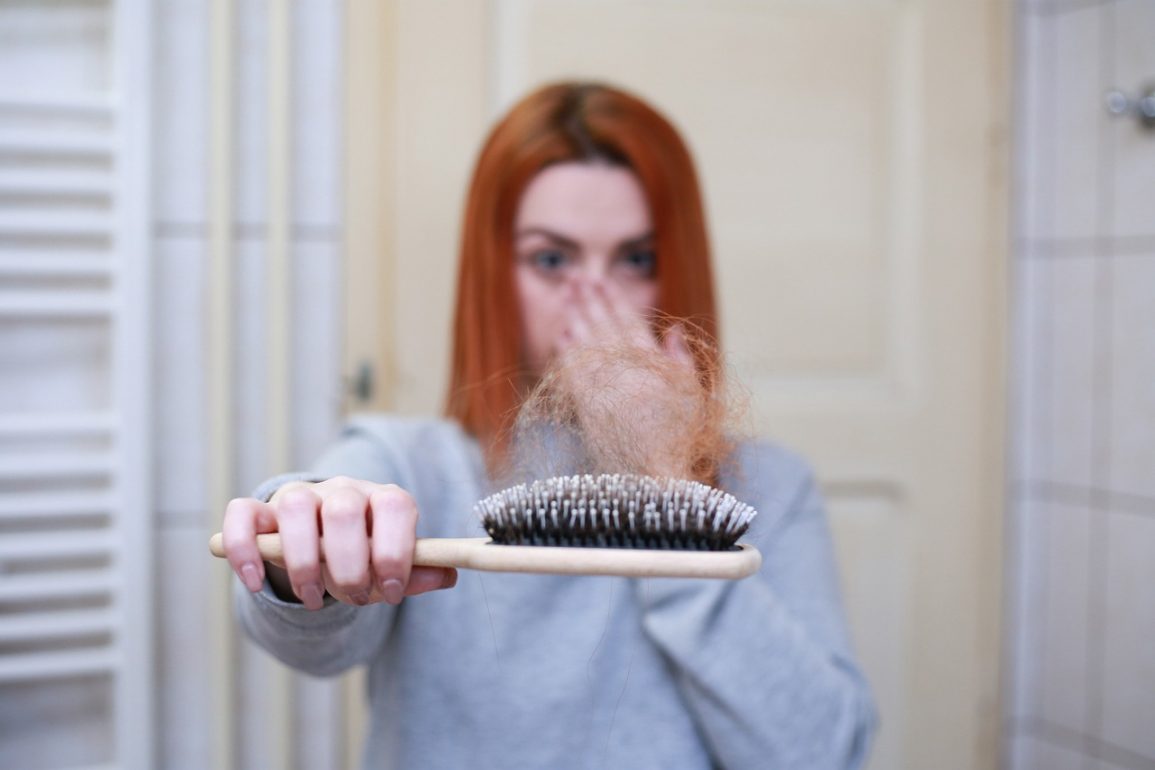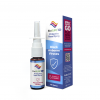Four Health Issues Not to Be Embarrassed About – There are always going to be health issues that you feel are somehow embarrassing. They are the ones that you feel like you cannot talk about, the ones that feel somehow shameful, or that no one else has been through before. But the idea that any health issue is embarrassing is something to be dispelled immediately. There is no illness, condition, or situation that you can encounter that countless people have not been through before. There is nothing that you can talk to a doctor about that will surprise them.
As you get older, your body will start to change, and it will be able to handle some things less easily than it used to. Hormonal changes may cause differences that you may not have anticipated. Illness or surgery may have side effects that you had hoped to avoid. But whatever the issue, you must remember that there are people to talk to and options out there which you can look at. Here are some so-called “embarrassing health issues” that you should never be ashamed of.
Urinary Incontinence
It is amazing that so few people realise how common urinary incontinence is. In the United Kingdom alone, it is estimated to affect millions of people. There are a lot of different reasons why you may be experiencing this issue. Some of these triggers are lifestyle related, but the condition may also be the result of an operation or medication. If you are experiencing urinary incontinence, talk to your GP. There are ways that you can manage the problem, such as reducing the amount of caffeine and alcohol. There are exercises that you can do which will strengthen your pelvic floor, and there are always further medical options that can be discussed if necessary.
Hair Loss
Female hair loss is something that is incredibly common, but people can find incredibly isolating. There are many different types of hair loss, which range from female pattern baldness (which tends to be an inherited condition) to alopecia that can be related to a range of different factors including stress. Hair loss can also come about because of a medical treatment that you may be taking, or as the result of another medical condition. A lot of women will start to see hair loss around the age of 70, but this is a condition that can occur at any age. If you are worried about your hair loss, the good news is that there are products out there which can help. Products containing minoxidil for women have been shown to help prevent female pattern hair loss. To learn more about how it works and to order some online, visit Chemist4U. They offer free delivery on orders over £30 and they are a fully regulated UK pharmacy.
IBS
When you have issues around your digestion, it can be very easy to feel like this is something that you need to be embarrassed about. And when you have IBS, it can often feel like absolutely anything can set it off at any time. You may experience bloating and constipation, but you may also suffer from wind and diarrhoea. One of the reasons why IBS is so tricky is that there are a lot of different potential causes (some of the reasons may be hereditary, but stress can be a factor too, or it could be a medical issue), and that there is no one set cure for it. However, it is an issue that affects a lot more women than men, so remember that this is not something that you are suffering through by yourself. One of the best things that you can do is to identify potential triggers and try to avoid them. Making changes to your diet could make a big difference.
Adult Acne
Most people remember how difficult it was to deal with acne and other skin conditions when they were teenagers. When acne pops up as an adult, it can feel like you have been thrust right back into that space and it can feel like it is something that you should not be going through as an adult. However, the fact of the matter is that it is very common, and there are so many different trigger factors that may cause a flare-up. Some medication and skin products have been linked to acne, and you should also be aware that smoking can cause your skin to break out. It is also important to note that women are more likely to experience adult acne than men. Polycystic ovary syndrome has several different symptoms including acne flare-ups, and acne breakouts can also occur just before your period or during the first three months of pregnancy. A lot of post-menopausal women also suffer from adult acne. If you want to find treatments, there are topical creams and gels, but you can also think about taking prescription medication if you need to. It is worth noting that antibiotics and other treatments may take a little while to get to work.
Poppy Watt


